Tags: Antarctica
Melting Polar Ice Caps: What are Its Effects on the Earth's Rotation? Here’s What Expert Says
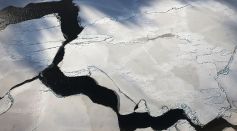
Climate Change: Few Degrees of Warming Could Collapse Antarctica's Ice Shelves
Penguin Saves Himself From Killer Whale in Antarctica; Here's How It Jumped Itself Onto Boat [WATCH]
Researchers Found Mysterious Life Forms Beneath Antarctica
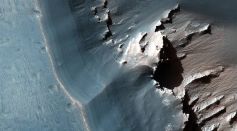
Did Experts Just Found Mars Mineral in an Antarctic Ice Core?
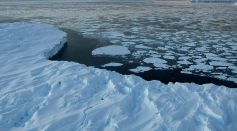
Oldest Antarctic Ice: Will Searching For An Older Ice Core Help Understand Earth's Climate?
Earth Scientists Discover the Most Suspenseful Iceberg of the World is Breaking Apart

After a Century, Blue Whales Return to South Georgia Island

Data Shows The Effect of Melting Ice on Rising Sea Levels
International Organizations Push For The Protection of The Antarctic Ocean
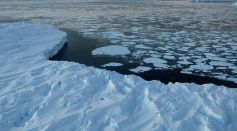
Coalition of Female Scientists Call for a Marine Protected Area in Antarctica

Satellite Imaging Reveals Severe Damage in Two Antarctic Glaciers
Rare Bacteria Known to Survive Solely on Air in Antarctica, Now Found Elsewhere
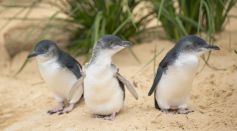
Where Did Penguins Originate? Hint: It's Not Antarctica
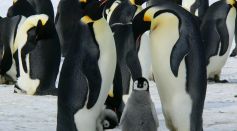
11 New Emperor Penguin Colonies Discovered from Space
An Active Methane Seep in Antarctica May Help Explain Climate Change
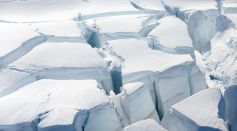
Microplastics Found in the Antarctic Sea Ice; Pollution Harming Creatures at the Base of the Food Chain, Scientists Say
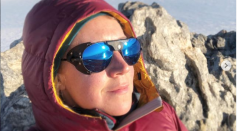
Meet the Person in Extreme Isolation in Antarctica Since November to Avoid Coronavirus as She Shares How Exercise and Meditation Keep Her Sane
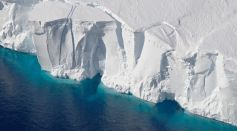
Antarctic Ice Walls are Now Cimate's Protectors
Melting Thwaites Glacier to be Analyzed By Scientists By Digging a Hole Through It
Most Popular

Microplastics Are Everywhere — How Plastic Pollution Threatens Wildlife, Soil, and Water

How Scientists Use Radio Telescopes to Search for Alien Signals Across the Universe

How Climate Change Amplifies Natural Disasters: Extreme Weather and Global Warming Impact

Climate Change Effect on Wildlife: How Shifting Habitats Are Transforming Animal Migration Patterns





